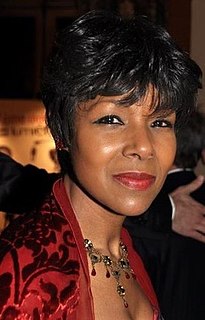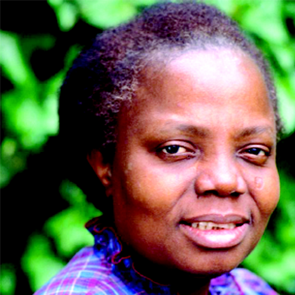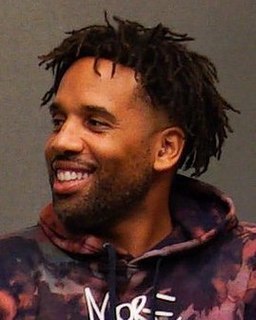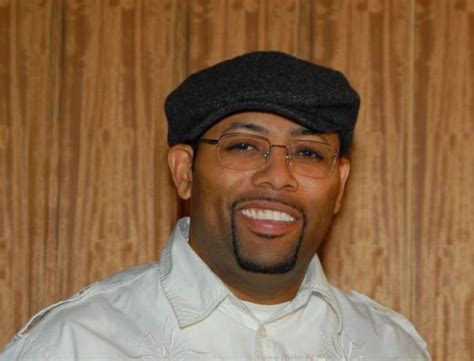A Quote by Tucker Carlson
Ron Karenga wrote a book back in 1968, and in that book, he said that the reason, part of his motivation for starting Kwanzaa was because he felt that Christianity was the white man religion, and he didn't like Jews, and so he made up this lie. And he called it an African holiday because he was concerned that if he didn't call it an African holiday, that black Americans would not participate in it.
Related Quotes
When African-Americans come to France, the French show them more consideration than they would show an African or a Black Caribbean. When African-Americans come to France, the French people are like, 'Oh, wow. Oh my God.' But if it's an African, they're like, 'Whatever.' It's all because of the past, because of our history.
One of the things that made the Black Muslim movement grow was its emphasis upon things African. This was the secret to the growth of the Black Muslim movement. African blood, African origin, African culture, African ties. And you'd be surprised - we discovered that deep within the subconscious of the black man in this country, he is still more African than he is American.
In America, and no doubt elsewhere, we have such a tendency toward the segregation of cultural products. This is a black book, this is a gay book, this is an Asian book. It can be counterproductive both to the literary enterprise and to people's reading, because it can set up barriers. Readers may think, "Oh, I'm a straight man from Atlanta and I'm white, so I won't enjoy that book because it's by a gay black woman in Brooklyn." They're encouraged to think that, in a way, because of the categorization in the media.
Many White people are not sensitive to the kind of abuse that African Americans, especially younger African Americans, receive at the hands of police officers and police departments. I think for most Whites their experience with the police has been good or neutral because they don't interact with the police as much as those in the Black community.
I would say I'm black because my parents said I'm black. I'm black because my mother's black. I'm black because I grew up in a family of all black people. I knew I was black because I grew up in an all-white neighborhood. And my parents, as part of their protective mechanisms that they were going to give to us, made it very clear what we were.
All my playmates were black. I lived in a little community called Archery (ph) in a rural area. And I didn't have any white neighbors at all. So all my kids with whom I fought and wrestled and went fishing and worked in the field and so forth were African-Americans. And that was my life. So when I got to be school age, we had to separate during the daytime, but I always felt like I was in an alien environment when I was in Plains, Georgia with white kids. I was eager to get back where I belonged with my black playmates.
And he [Louis Brandeis] talks to his young acolyte, Horace Kallen, who wrote this beautiful book called Cultural Pluralism, and he comes to believe that by being better Jews, or better members of our ethnic group, we can be better Americans, because America is like an orchestra in which identity is defined by the diversity of perspectives that we bring to the table.
I think I sent one [book] to Brian Eno. I don't know how I got to know his address, but I sent one to him. He called me up and he said, "I really like the book, and I'm starting a new label, would you liked to do something?" It was a tricky situation for me, because I've always had this thing in my life of a tension between collaboration, which was extremely important to me, and then being alone. Make of that what you will!

































